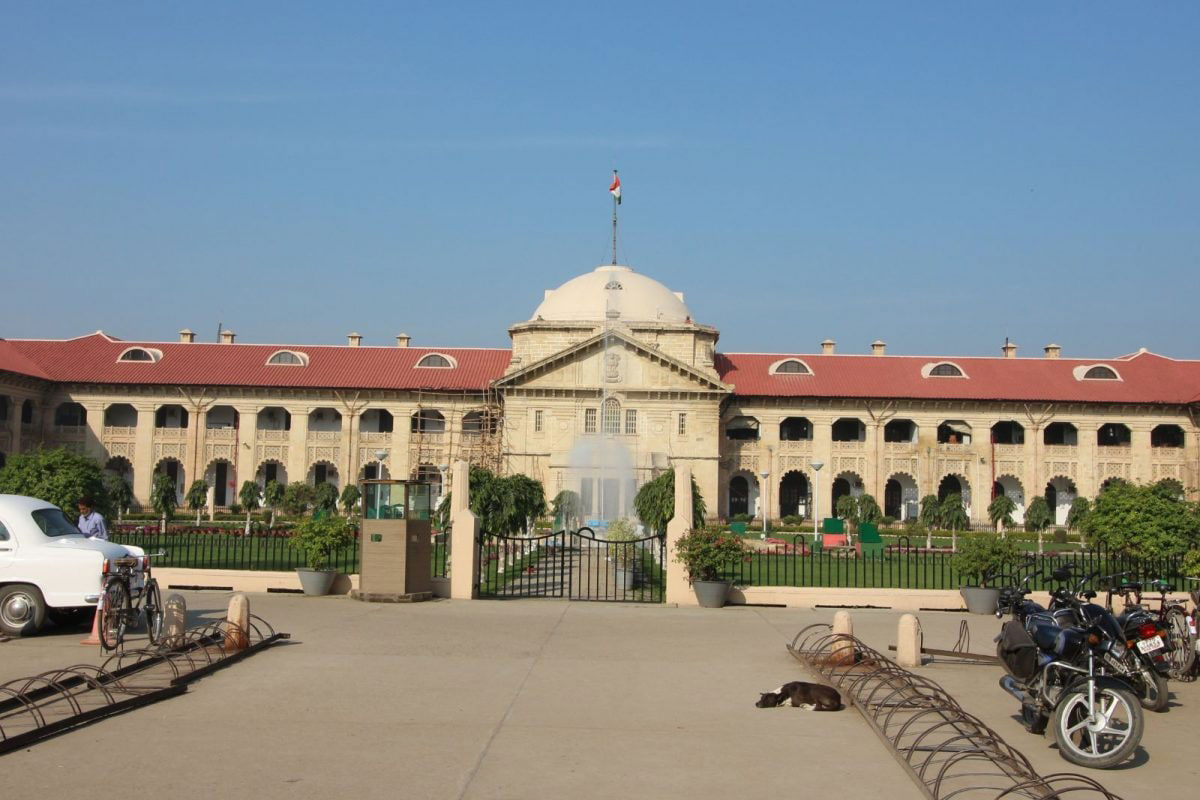
'Live-in Relationships Not Accepted in Indian Society, Difficult for Women to Live Alone After Breakup': Allahabad HC
text_fieldsThe Allahabad High Court has observed that it was difficult for a woman to live alone after the breakup of a live-in relationship as society refuses to recognise such relationships as acceptable.
The court was dealing with a bail application in a false promise of marriage and rape case, and said that the case in question was a disastrous consequence of live-in relationships.
The bench of Justice Siddhartha said, “It is difficult for a woman to live alone after breaking of live-in relationship. The Indian society at large does not recognise such relationships as acceptable. The woman, therefore, is left with no option but to lodge a First Information Report against her live-in partner, like in the present case.”
The bail application was moved by a man against whom a woman had filed a case under Sections 376 and 406 of the Indian Penal Code.
The victim had alleged that the accused was in a live-in relationship with her for one-and-a-half years during which she got pregnant. However, he later refused to marry her.
The victim was earlier married to another man and had two children from that marriage. The woman claimed that it was the accused who had sent her obscene photographs to her husband. As a result, her first husband had refused to keep her with him.
Pressing for the accused’s release on bail, his counsel argued that the victim was a major and had willingly entered into live-in relationship with him.
She was capable of understanding the consequence of such a relationship and there is no allegation that the relationship started with the promise of marriage, he asserted.
Therefore, the counsel, while contending that the accused had been falsely implicated in the case, sought bail.
Moreover, the Additional Government Advocate (AGA) opposed the prayer for bail but could not dispute the above submissions.
The court found force in the arguments put forth by the counsel for the accused.
Keeping in view the uncertainty regarding conclusion of the trial, one-sided investigation by police, ignoring the case of the accused side, accused’s fundamental right to a speedy trial, and the larger mandate of Article 21 of the Constitution along with other factors, the court allowed the man’s bail plea.























